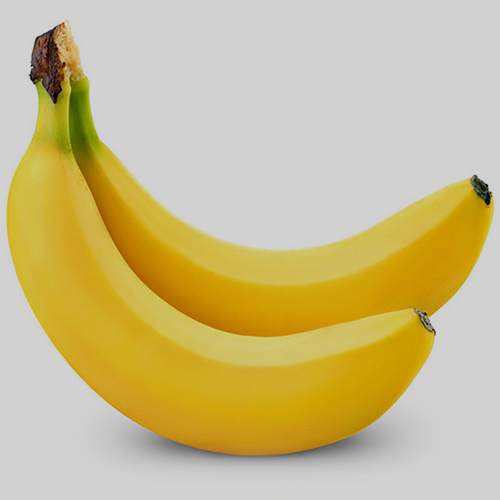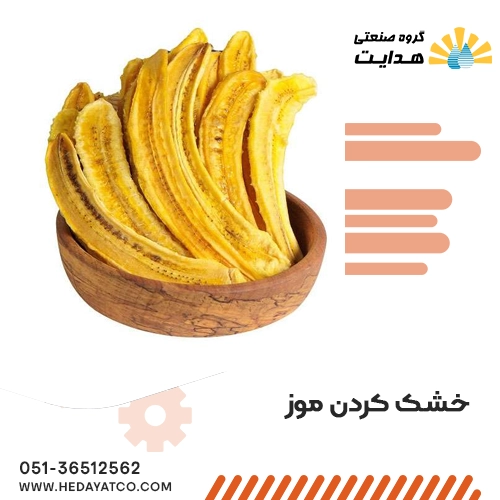Did You Mean? Check Spelling & Find What You Need!
Ever wondered why your search for that perfect piece of information sometimes comes up empty? It's frustrating, isn't it? But, understand this: the digital world is a vast ocean, and sometimes the specific answer you seek requires navigating its depths with precision.
It's a common occurrence. You type in what you think are the right words, the perfect keywords, only to be met with the digital equivalent of a shrug: "We did not find results for:". The immediate reaction is often to question your own spelling or to rephrase your query. "Check spelling or type a new query," the search engine politely suggests. But the issue often goes deeper than mere typos or clumsy phrasing. The information may be organized differently than you expect, use different terminology, or simply not be readily accessible in the format you're seeking. This is a challenge many face, whether researching a niche topic, troubleshooting a technical issue, or simply trying to find the best deal on a product. The key is persistence, adaptability, and understanding how to refine your search strategy to uncover the hidden gems within the digital landscape.
Let's consider a specific example. Imagine you're looking to purchase dwarf Cavendish banana plants. If you were to translate a direct request into Persian, it might read: " ." This translates to something akin to, "You can proceed to buy pink banana tree seeds and cultivate them." But even with a perfect translation, the results might still be elusive. Why? Because the digital marketplace operates on algorithms and keyword associations that might not perfectly align with literal translations.
- Unleashed Masa49 Indian Dehati Pakistani Sex Videos 2025 Hot Xxx Clips
- Mydesi Uncovered Is This The Best Indian Porn Site Review
The dwarf Cavendish banana itself, described in Persian as " 4 7 ," which means "pink banana is a small and velvety fruit that usually grows up to 4 cm long and 7 cm in diameter," presents its own set of search challenges. The size and description, while accurate, might not be the primary search terms used by vendors or growers. People may search for 'dwarf banana plant,' 'Cavendish banana seedling,' or other similar phrases. This highlights the importance of understanding the common language used within the specific domain you are searching.
Consider this example: " ," translates to "Quick view add to favorites." This phrase might be relevant to an e-commerce platform, but its direct translation will unlikely help you locate information about banana cultivation. Similarly, " ," meaning "Pink banana seedlings have yellow flowers that are covered with pink and purple bracts," is a descriptive piece of information that would be useful once you've found the plant, but not necessarily helpful in the initial search phase.
And then there is the simple desire to purchase one of these plants, expressed as " ," which means "Buying pink banana seedlings, it is better to buy the original and authentic type." This highlights the importance of specifying 'original' and 'authentic' types when searching. The intention is clear, but the effectiveness of finding a reliable vendor hinges on using precise search terms that resonate with suppliers.
- Candace Owens Exposes The Truth Behind Becoming Brigitte Macron
- Sotwe Browse Twitter Anonymously Tonneau Covers Guide
However, " ," which translates to "But in general, to benefit from the properties of bananas, you should consume this fruit in moderation," reminds us that the end goal often involves consumption. Even if you find the perfect plant, understanding the dietary implications of the fruit is important. The search for information is rarely a linear process; it's a web of interconnected queries and considerations.
Looking at the nutritional side, " ," translated as "In conclusion, bananas are a useful and nutritious fruit and include potassium, fiber, carbohydrates, etc.," underscores the fruit's health benefits. This information might be relevant if you're researching the overall value of growing your own bananas, factoring in not just the initial purchase but the long-term health benefits.
Furthermore, " ," translating to "Bananas are the main source of starch for many people in tropical regions," points to the banana's significant role in certain diets. This perspective broadens the search beyond individual consumption and into the realm of broader food security and cultural significance. The information-seeking process is thus a multi-layered exploration.
Consider the Persian phrase " ," which translates to "Both the banana peel and its inner part can be consumed raw, dried, or cooked." This illustrates the diverse ways bananas can be utilized, potentially sparking new searches for recipes or alternative uses of the fruit. The initial search for a plant can lead to a wealth of related information, each requiring its own carefully crafted query.
Moving away from the banana example, consider the phrase " 777 ," translates to "Biscuit 777 produces and offers healthy and delicious biscuits in Isfahan and ships to all over Iran." This is a completely unrelated query, demonstrating how search results can sometimes stray from the intended topic. This reinforces the need for precise keywords and careful filtering of results to avoid irrelevant information.
Then there is the description of the banana's appearance: " ," meaning "Ripe bananas are yellow, and the more ripe they are, the darker their color and the sweeter their taste." This might be useful for identifying the ripeness of your harvested bananas, but it won't help you find the plant itself. The search process is an iterative one, moving from broad queries to specific details as you gather more information.
Consider " ," which means "It may be interesting to know that bananas reduce stress." While an interesting fact, it's unlikely to be the primary reason someone is searching for a banana plant. However, it highlights the potential for tangential searches related to the health benefits of bananas, illustrating how a single query can branch out into numerous related topics.
The phrase " ," translates to "If you suffer from depression, we recommend consuming bananas." Again, this underscores the health benefits of bananas, but it's a secondary consideration when searching for the plant. The information-seeking process is often driven by a combination of primary and secondary interests.
Moving to a financial aspect, " ( ) 900,000 900,000 ," meaning "Add to favorites, saffron, one Mthqal (khatam case) 900,000 Toman, original price 900,000 Toman" This shifts to the discussion of pricing and products outside of bananas, again illustrating how broad the search landscape can become, and the need for precise search terms and refined filtering.
The Persian sentence "825,000 825,000 ," simply means "825,000 Toman is the current price; 825,000 Toman." This further dives into product pricing, which again emphasizes the need for specificity in search queries, especially when dealing with marketplaces.
Finally, " ," translated as "Ripe avocados are available in the online fruit shop Dot Com" shows the importance of availability and location of particular fruits when doing an online search, as well as other products related to it.
Ultimately, when "We did not find results for:" appears on your screen, it's not necessarily a sign of failure. It's an invitation to refine your approach, to think creatively about keywords, and to explore the vast digital landscape with greater precision. "Check spelling or type a new query" isn't just a suggestion; it's a starting point for a deeper, more rewarding search.
- Everything About Sd Movies Point Acethinker Mirror More
- Dont Challenge The Lady Billionaire Love Lies Revenge

موز ویلیام بازرگانی مهمانی

درخت موز کاوندیش 2 متری تک بوته(*) الوگل

خشک کردن موز با بهترین دستگاه خشک کن میوه گروه صنعتی هدایت